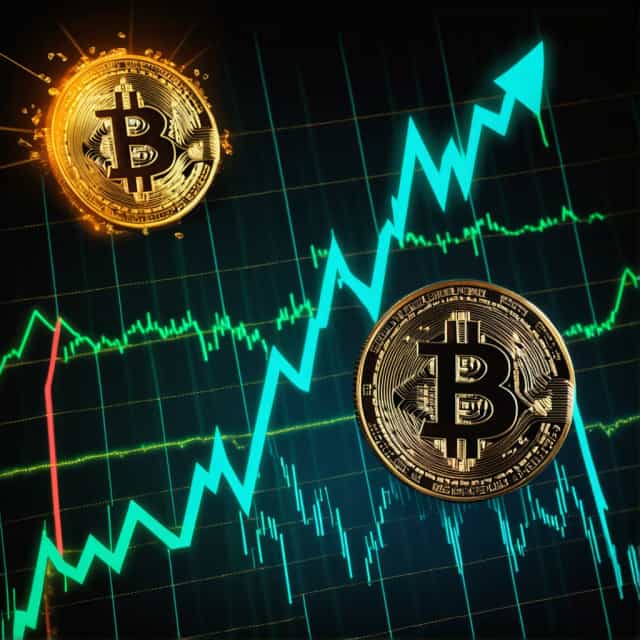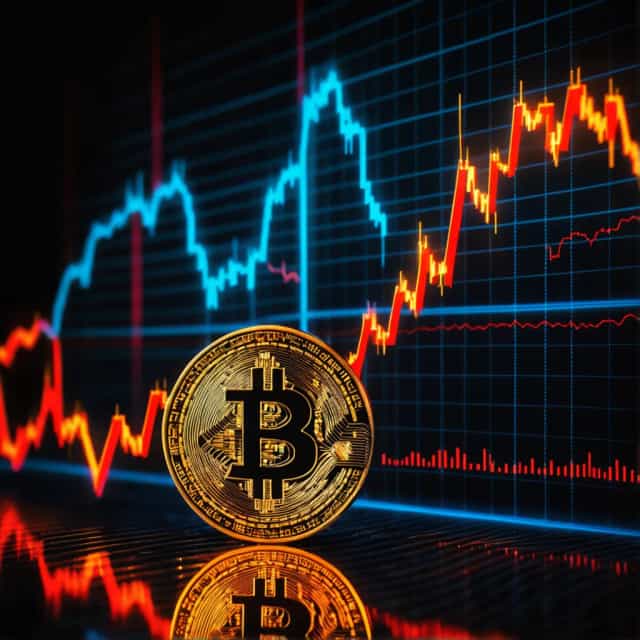
Image source: Block Media
South Korea’s Kospi Reaches Historic High Amid U.S.-China Tensions Relief and Earnings Optimism
South Korea's Kospi index hit an unprecedented milestone on October 21, surpassing the 3,820 mark for the first time and reaching a record-breaking close. This surge came on the back of eased U.S.-China tensions and heightened expectations for strong corporate earnings, igniting investor optimism. The index marked its fifth consecutive day of record-breaking highs, affirming the robust sentiment driving the South Korean market.
The Korea Exchange reported that the Kospi finished at 3,824.84 points, gaining 9.15 points (0.24%) from the prior session’s close of 3,814.69. The benchmark started the day sharply higher at 3,851.01 points, adding 36.32 points (0.95%), and continued its climb during the morning session, briefly breaking past the 3,880 level. Despite retreating later in the day, the index held onto modest gains, marking another entry in its series of record-setting streaks since October 18.
Foreign Investment and Trade Negotiation Tailwind
Retail investors on the Kospi were net sellers, unloading KRW 124.1 billion ($92 million) worth of shares. Foreign investors also shifted to net selling near the session’s end, divesting KRW 122.4 billion ($91 million). However, institutional investors counterbalanced this pressure, driving net purchases of KRW 277.4 billion ($206 million), which played a critical role in propelling the index higher.
Jaewon Lee, a senior analyst at Shinhan Investment Corp., attributed these gains to the semiconductor market’s supercycle and optimism about the positive resolution of U.S.-South Korea trade negotiations following the Asia-Pacific Economic Cooperation (APEC) Summit. He noted, “Investor sentiment hinges on progress in trade discussions and upcoming corporate earnings reports, alongside any developments in U.S.-China relations.”
Mixed Performances From Market Giants
Leading companies delivered varied results on the Kospi. Despite early advances during intraday trading, Samsung Electronics and SK hynix retreated to end the session in negative territory, declining by 0.61% and 1.34%, respectively. SK hynix made headlines earlier in the session by surpassing the KRW 500,000 ($371) mark for the first time but was unable to sustain the progress.
On the other hand, industrial and automotive stocks posted robust gains. HD Hyundai Heavy Industries soared 9.96%, while Hyundai Motor advanced 3.43%, bolstered by investor confidence in growth sectors.
The secondary Kosdaq index, however, failed to retain upward momentum. It closed lower at 872.50 points, slipping 3.27 points (0.37%) from its previous close of 875.77. Although the index opened higher at 881.53 points (up 0.66%), it reversed into negative territory as the day progressed.
Kosdaq Under Selling Pressure
The Kosdaq saw contrasting behavior among market participants. Retail investors remained net buyers, acquiring KRW 229.6 billion ($170 million) worth of stocks. Their activity, however, was offset by foreign and institutional selling, as net sales reached KRW 115 billion ($85 million) and KRW 72.8 billion ($54 million), respectively.
Stock performances on the Kosdaq varied significantly. Biotechnology company HLB surged 11.17%, Alteogen edged up 0.11%, and Peptogen rose modestly by 0.37%. Conversely, Rainbow Robotics saw a sharp decline of 3.96%, while EcoPro and EcoPro BM fell by 2.32% and 0.31%, respectively.
Korean Won Weakens Amid Global Uncertainty
In currency markets, the South Korean won depreciated against the U.S. dollar, closing at KRW 1,427.8 per dollar—a decline of 8.6 won compared to the previous day’s close of KRW 1,419.2. The currency’s weakness reflects heightened volatility across global markets as the U.S. dollar rallied amid uncertainty in international trade and economic conditions.
Outlook
South Korea’s financial markets remain buoyed by optimism surrounding corporate earnings and improved trade relations. However, volatility persists, influenced by global geopolitics, foreign exchange fluctuations, and sector-specific dynamics. Investors are expected to focus on developments at the APEC Summit, progress in U.S.-China trade talks, and third-quarter earnings results as key indicators for market direction in the forthcoming sessions.










